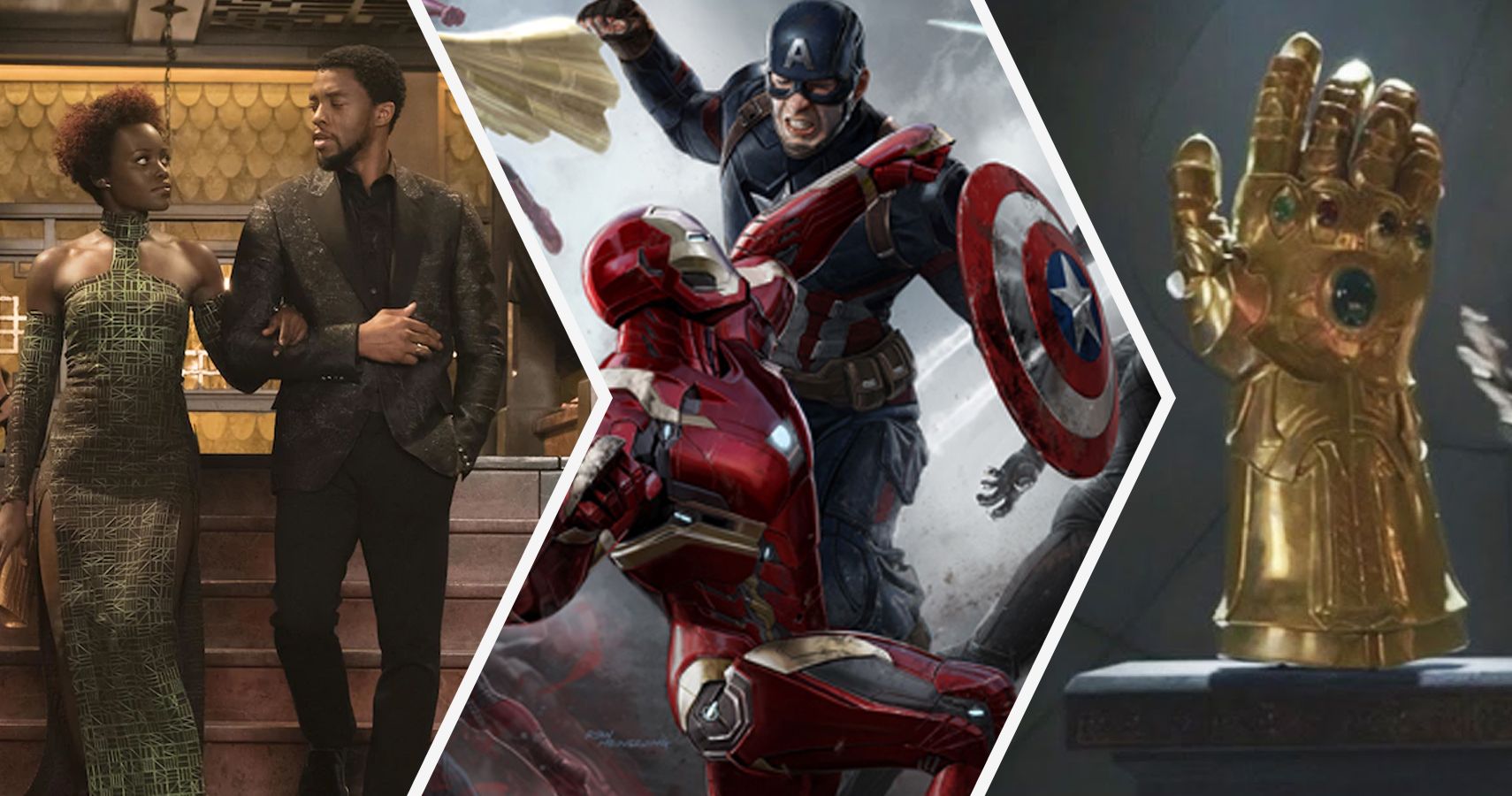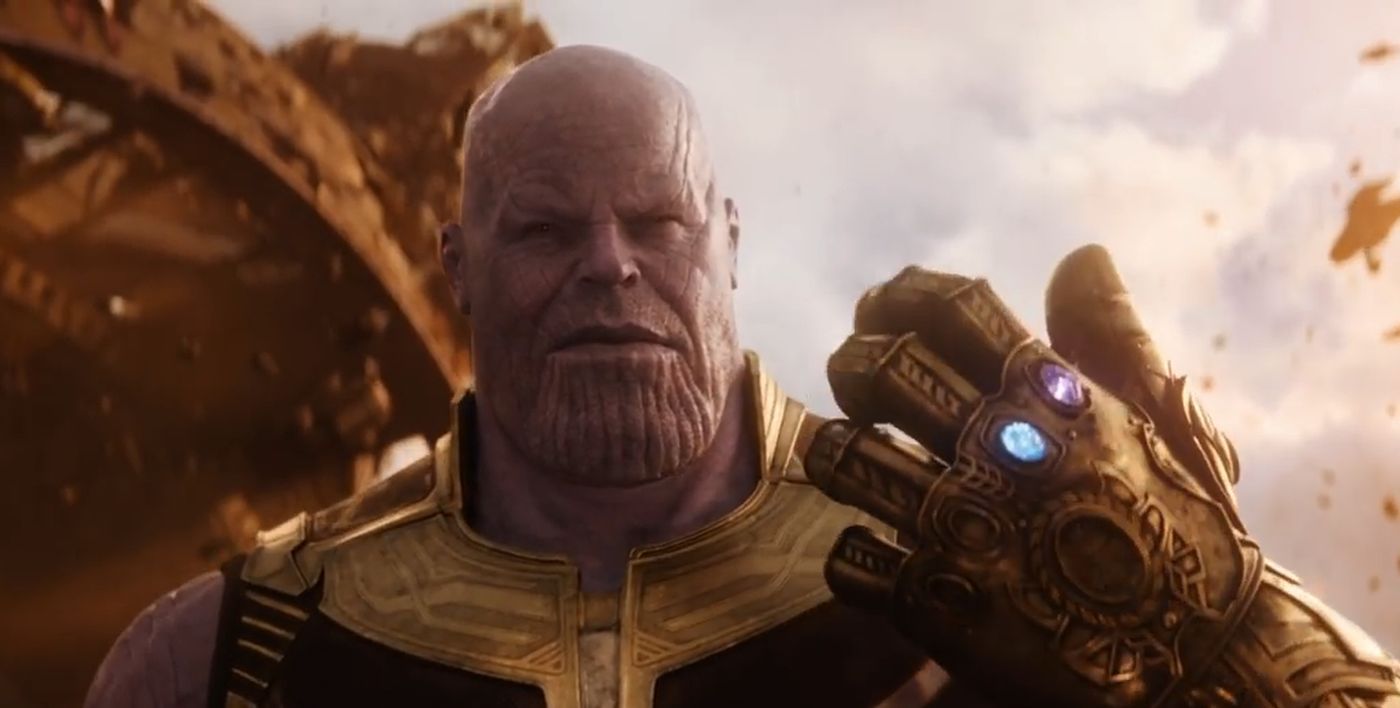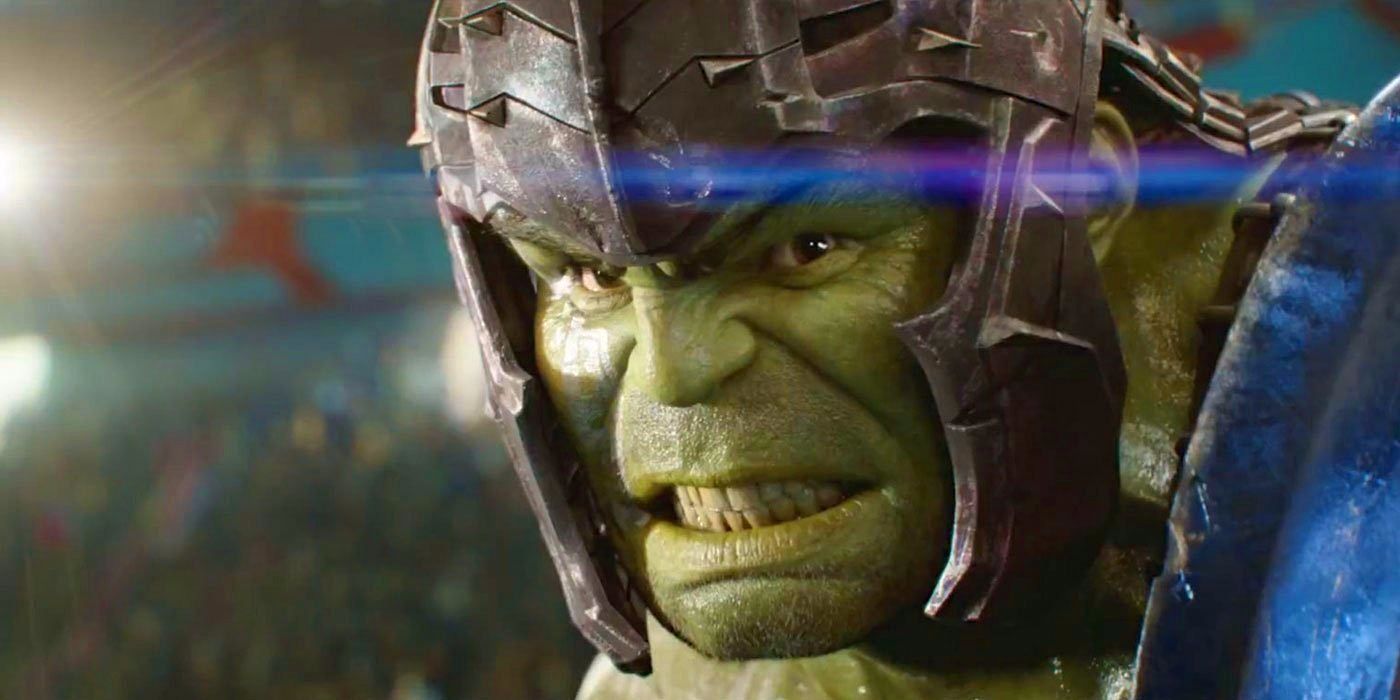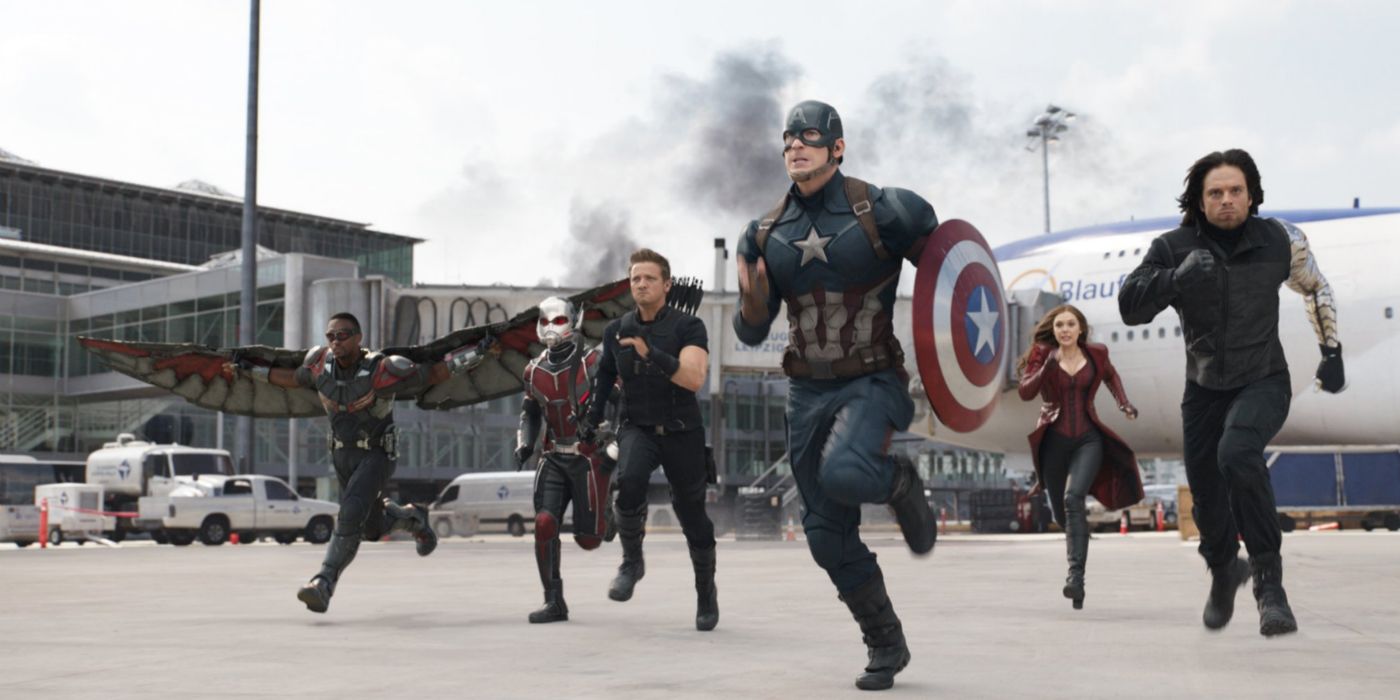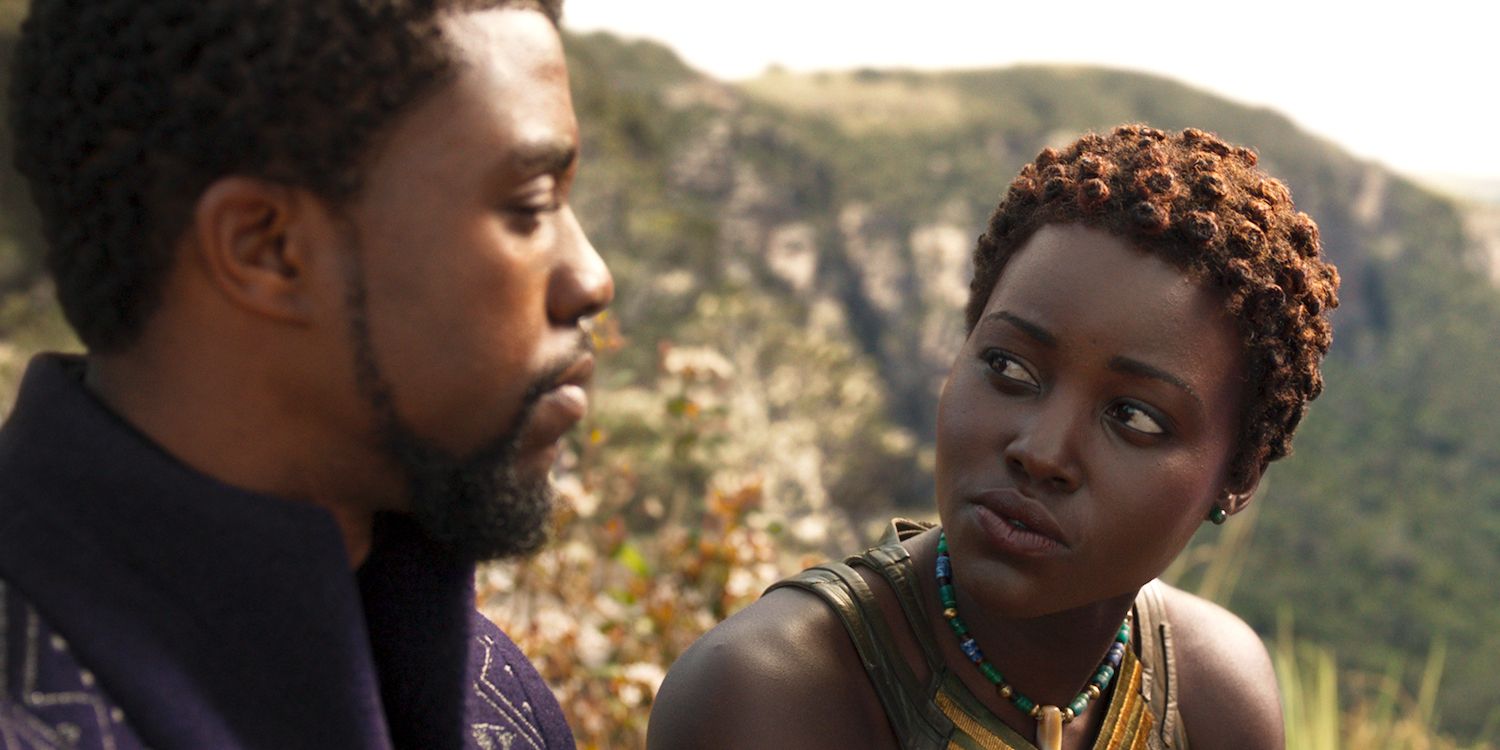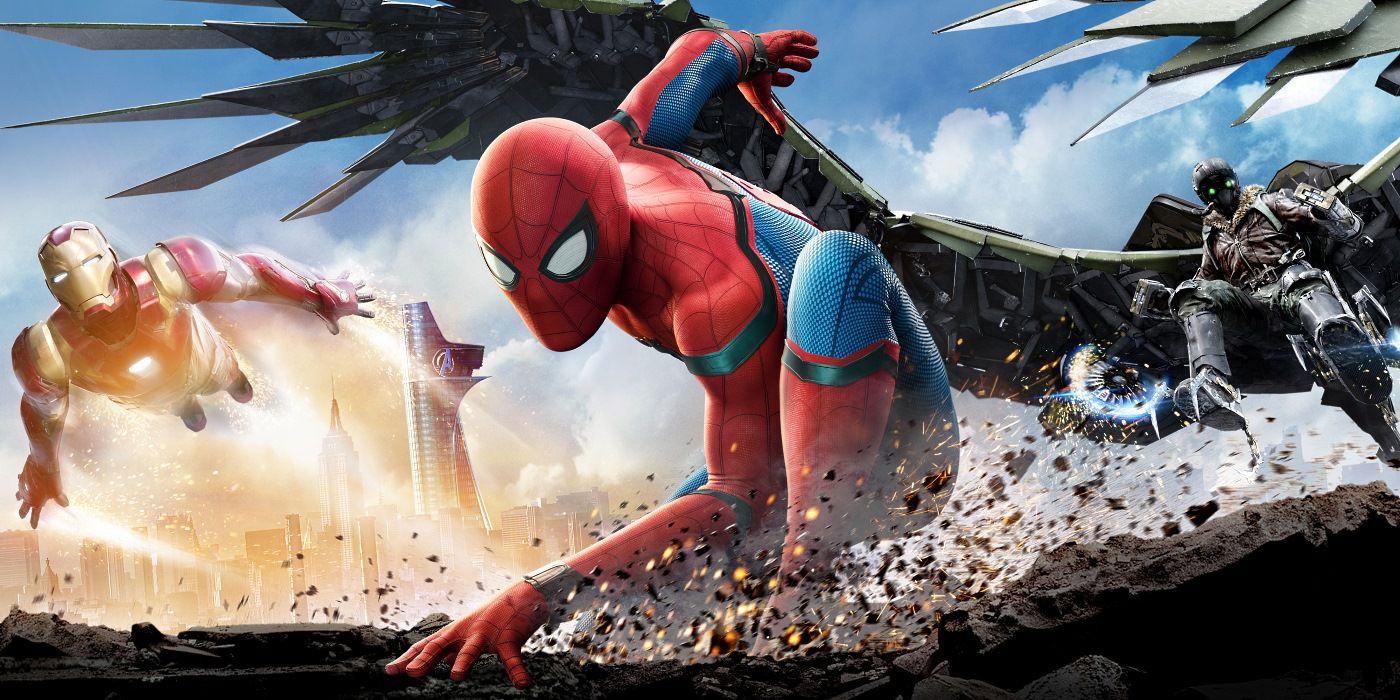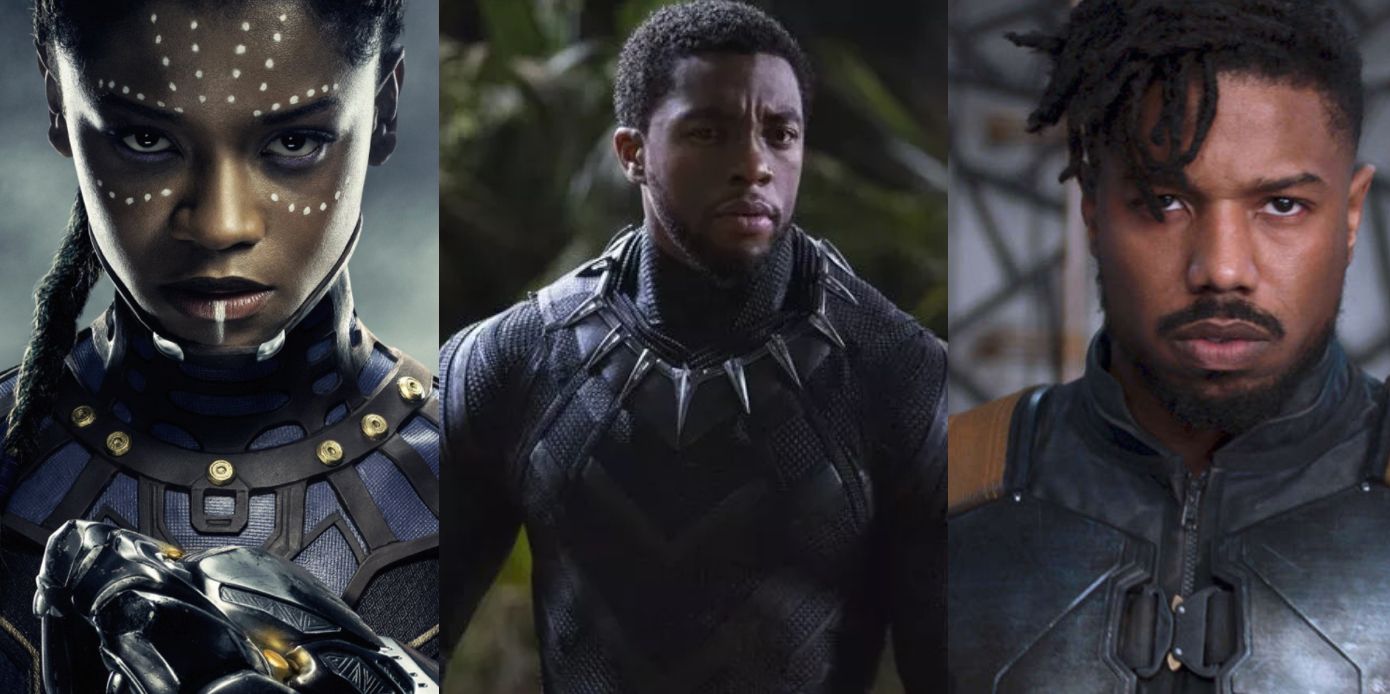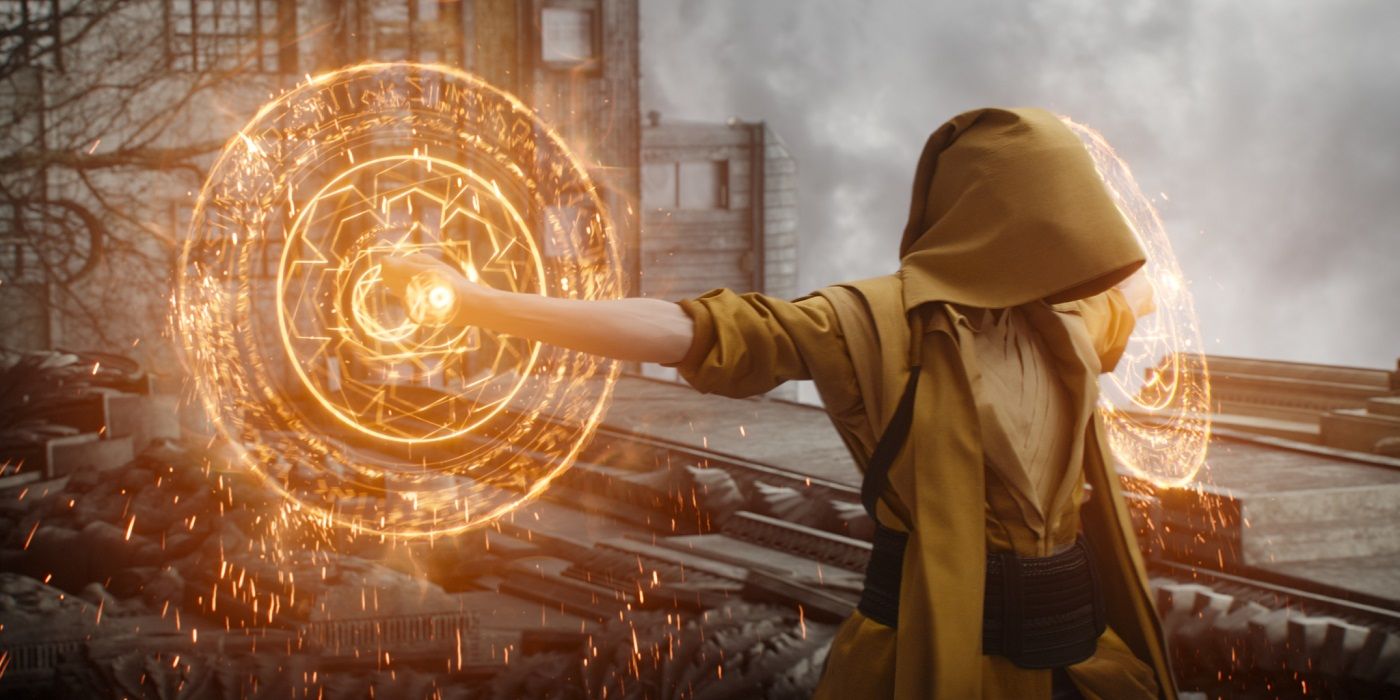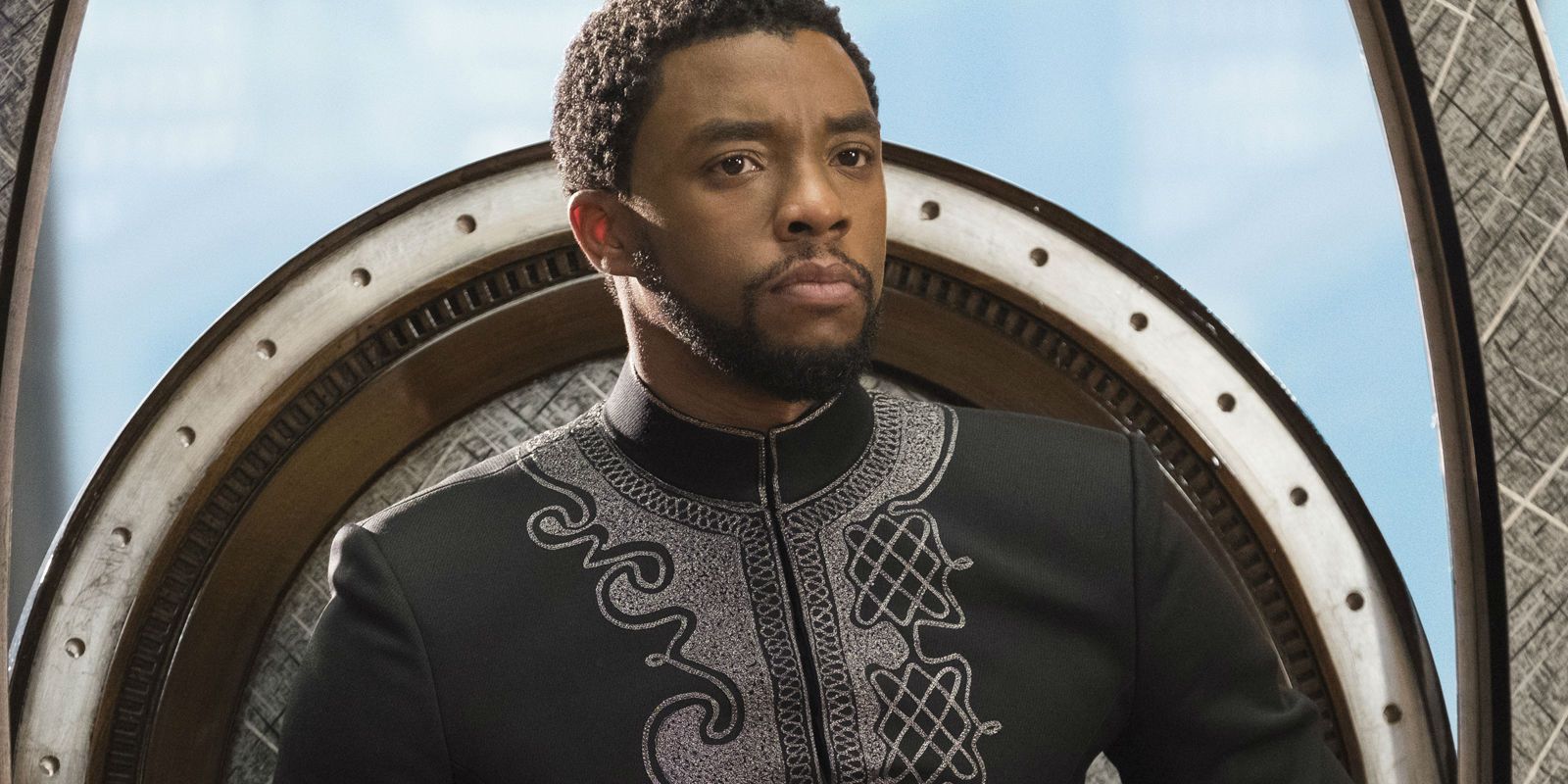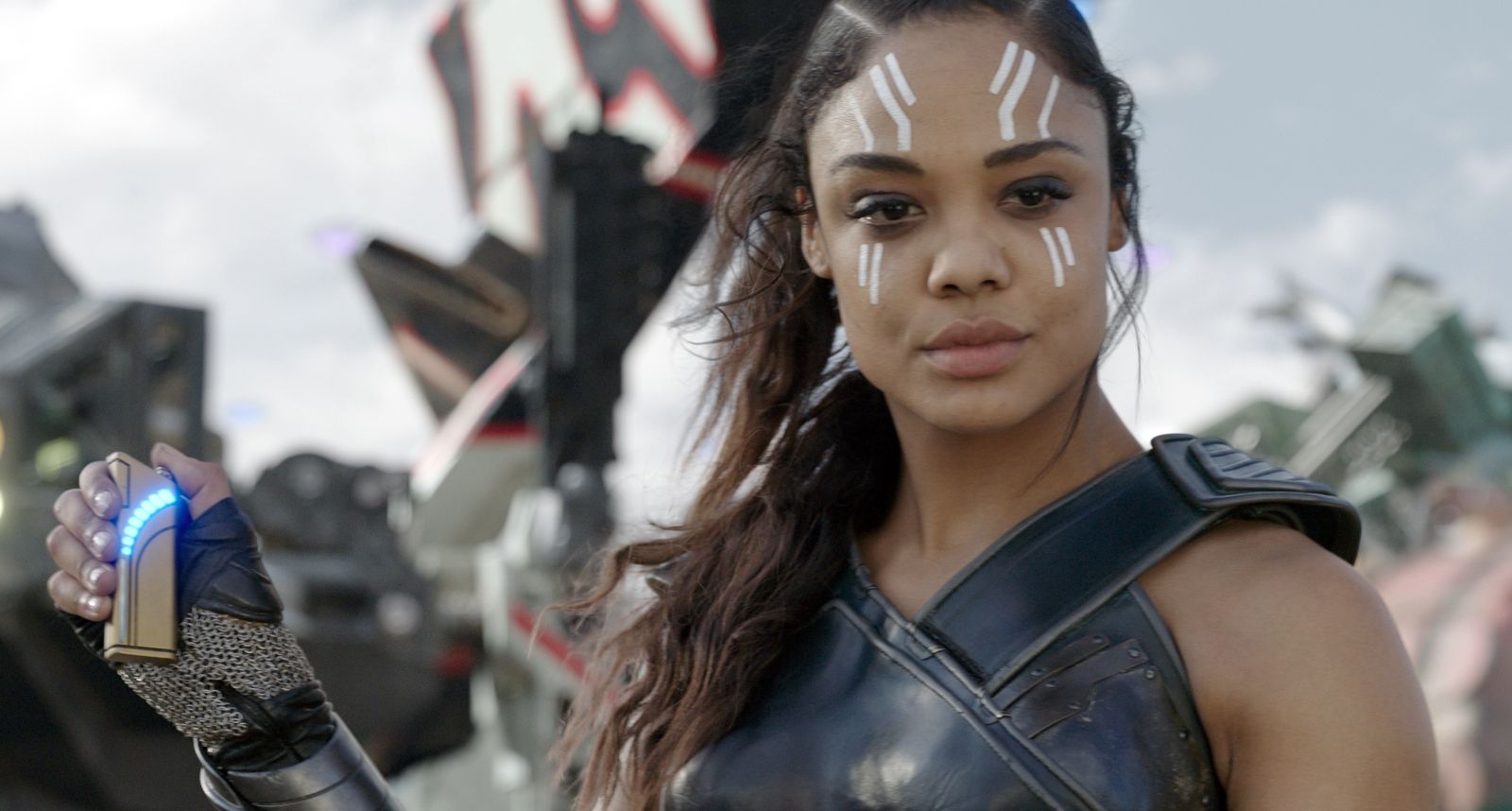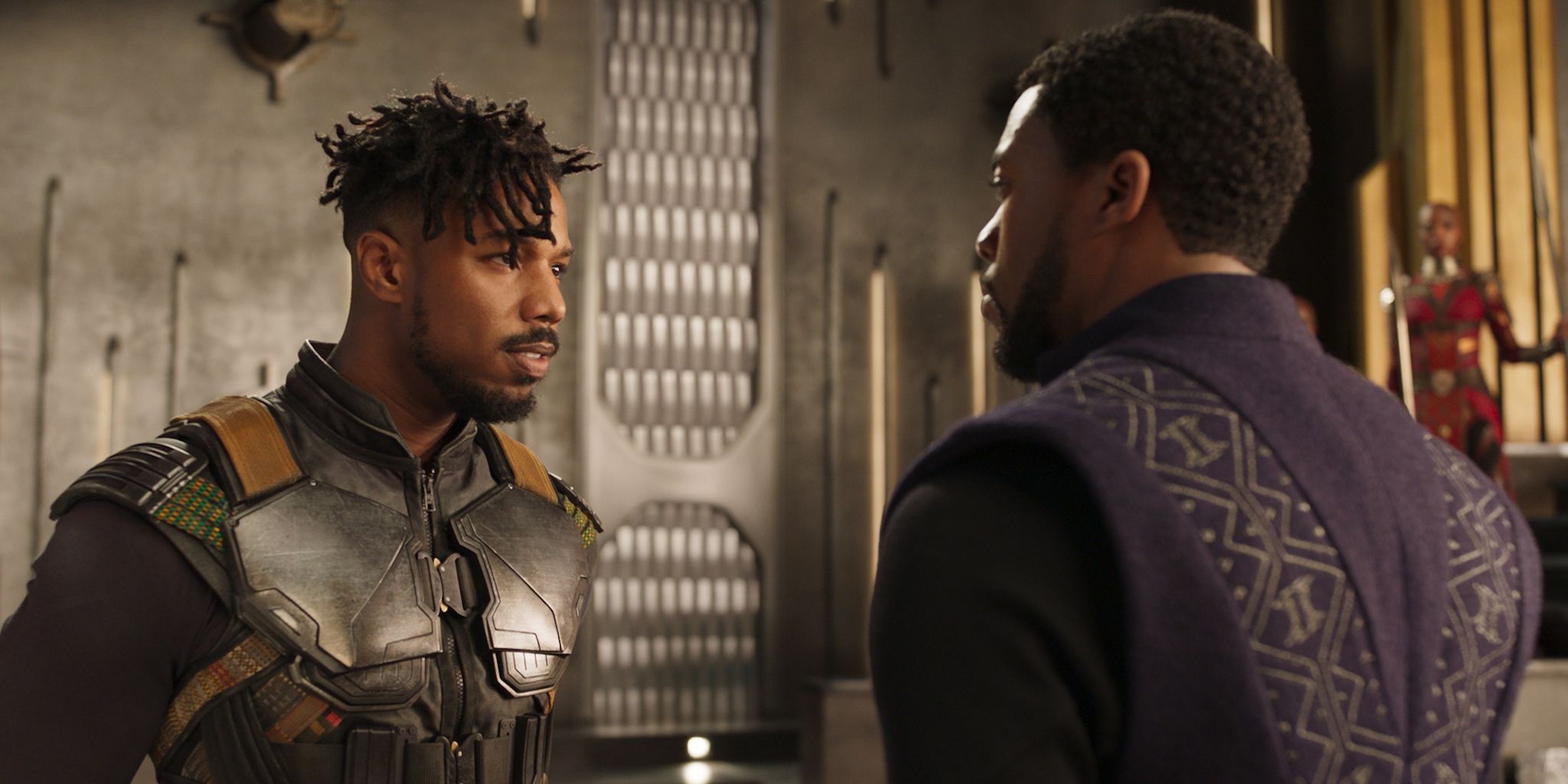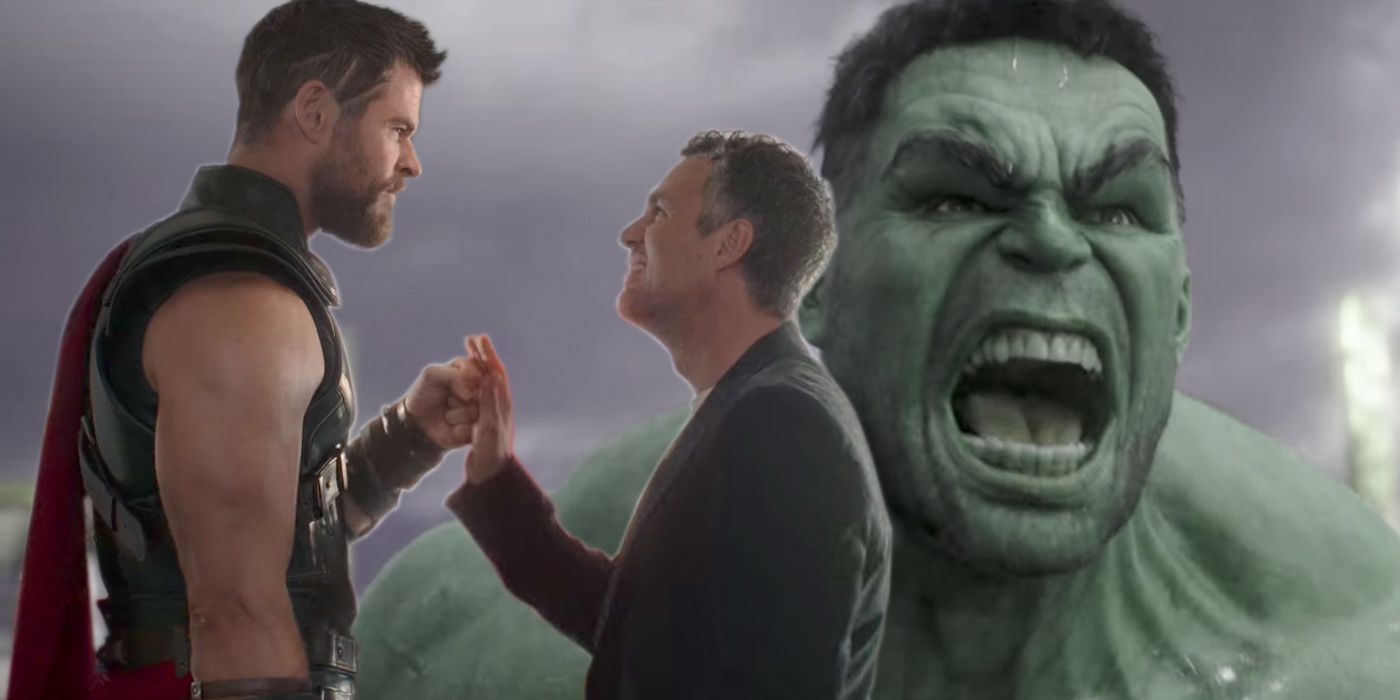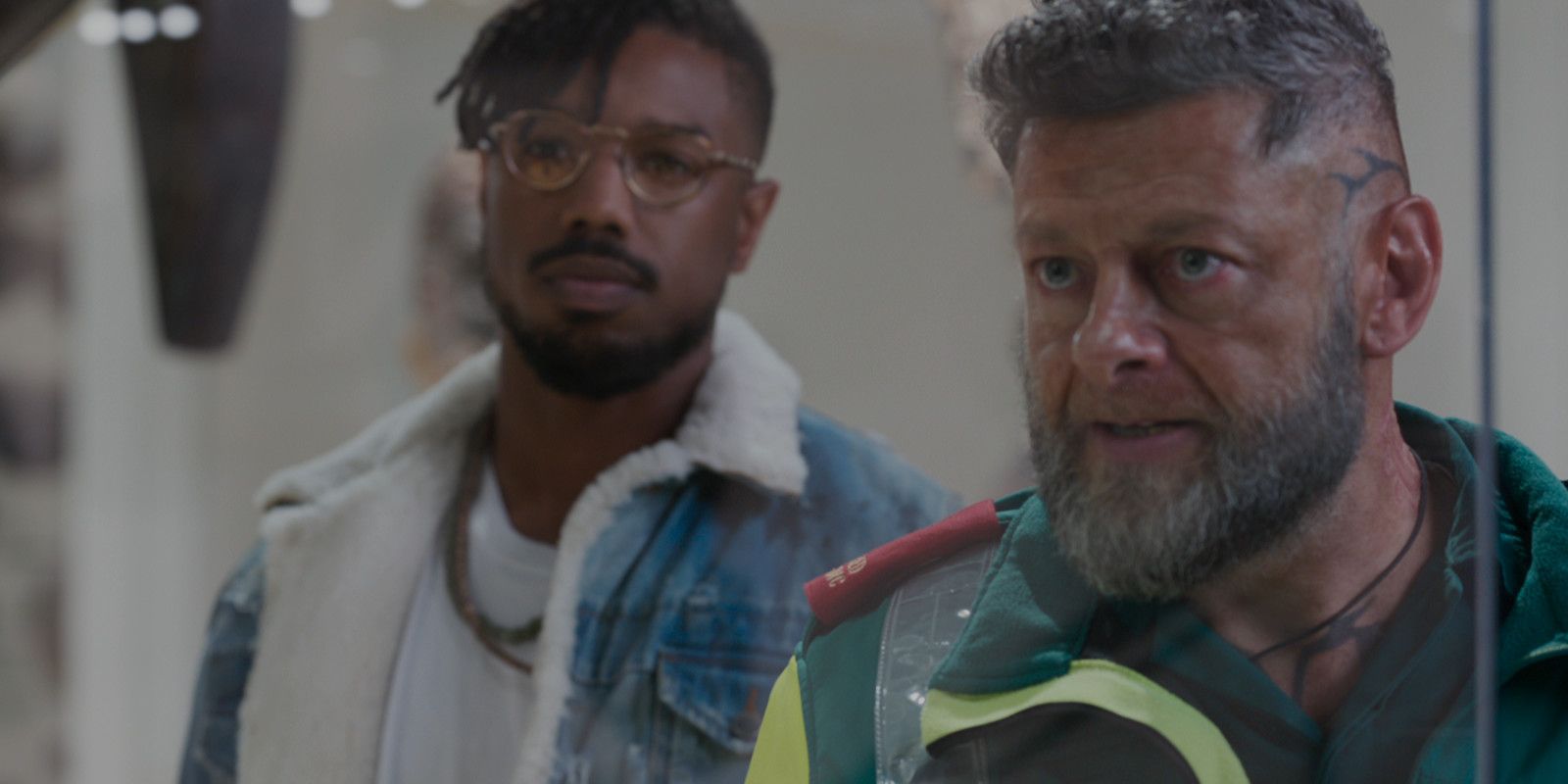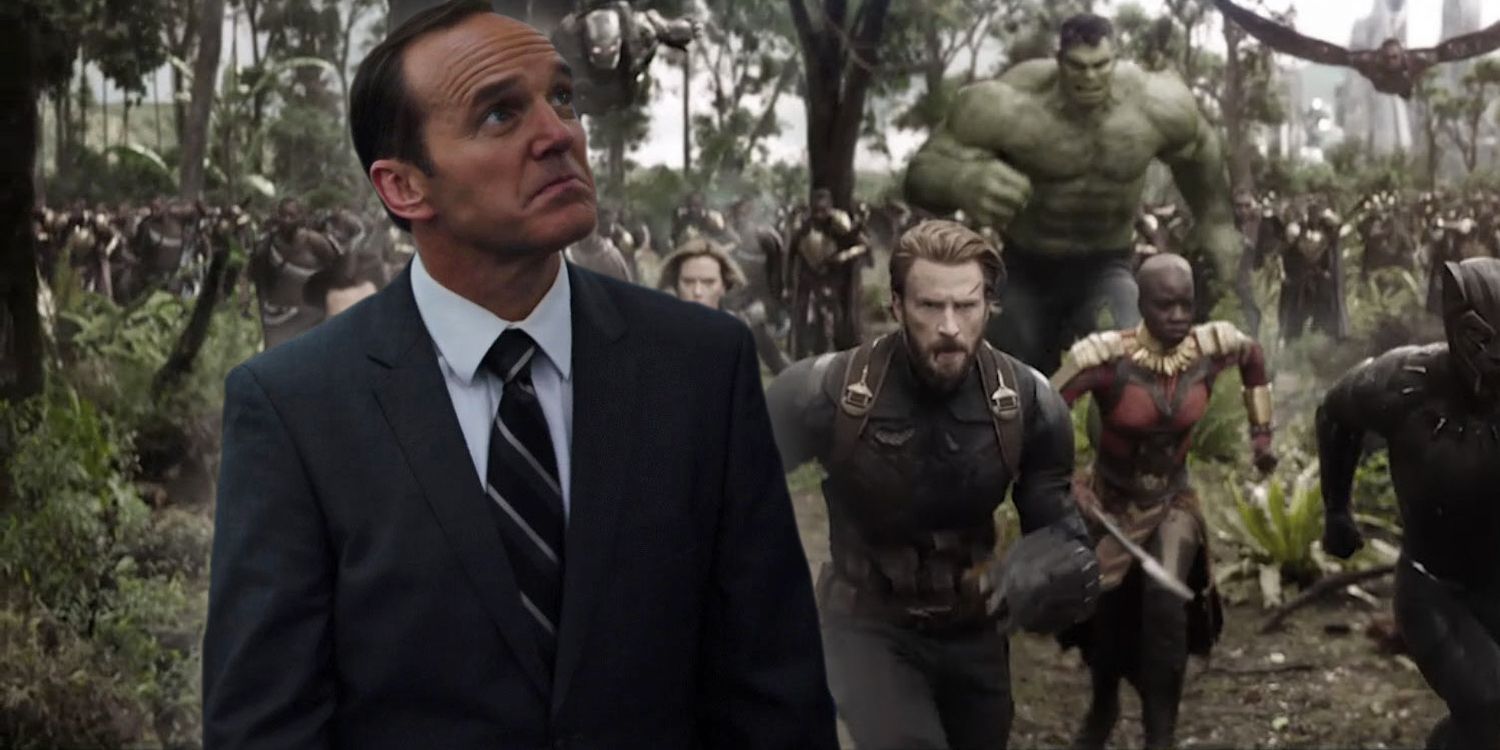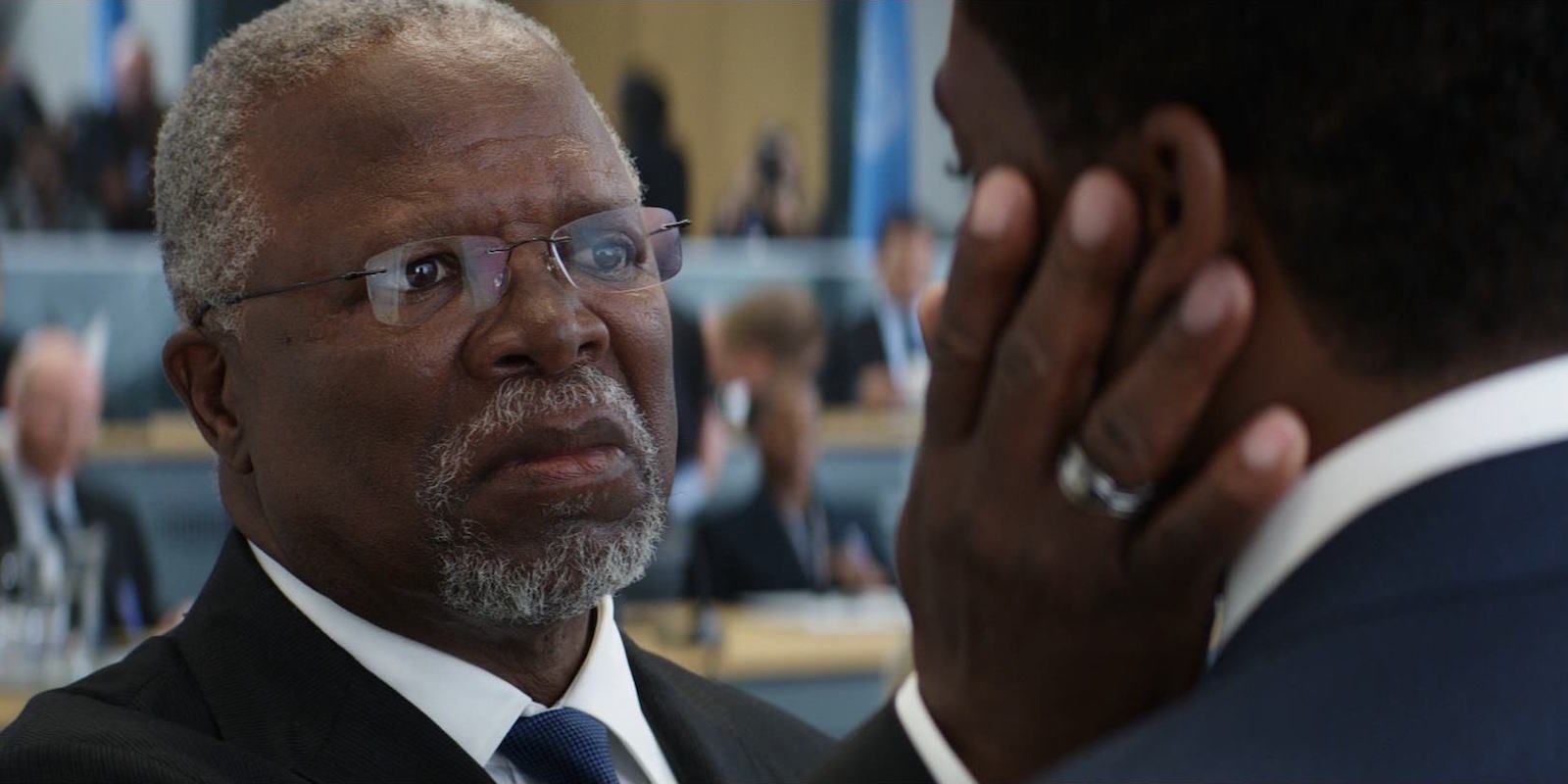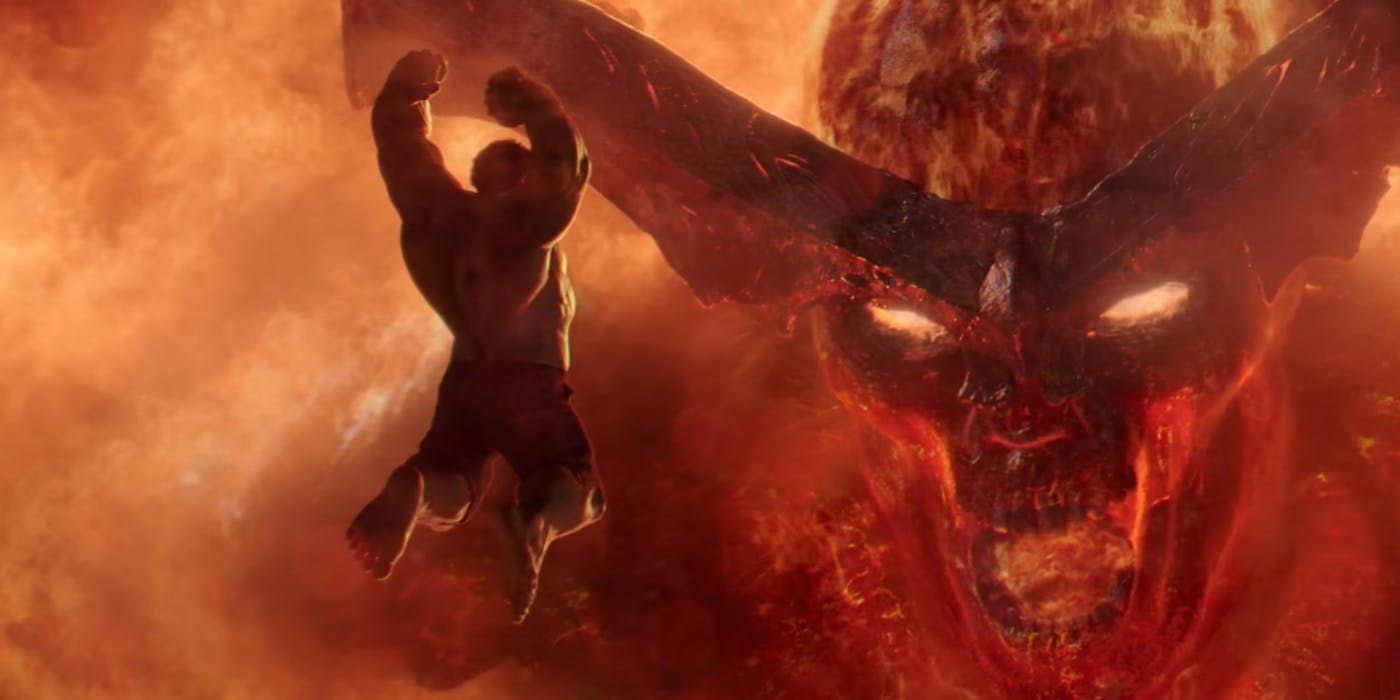Ten years after its inception, the Marvel Cinematic Universe is still going strong. We are six movies into Phase 3, Avengers: Infinity War is on the horizon, and there is no telling what state the universe will be in after Thanos finally arrives. To make a long story short, it is a wonderful time to be a Marvel fan.
Phase 3 has been nothing short of miraculous thus far because Marvel Studios has ditched the original template it used for Phases 1 and 2. Instead of individual solo movies that lead to an Avengers team-up, it's been crossovers galore.
We witnessed the Avengers implode in Captain America: Civil War, got introduced to the mystic arts in Doctor Strange, met Star-Lord's father in Guardians of the Galaxy Vol. 2, saw the further adventures of Iron Man and Spider-Man in Spider-Man: Homecoming, watched Thor and Hulk team up in Thor: Ragnarok, and got an in-depth look at Wakanda in Black Panther. All in all, Phase 3 has been pretty spectacular.
That doesn't mean that it's been flawless, though. There have been quite a few head-scratching moments that have defied pretty much all logic. In fact, there's been at least fifteen of them.
Here are the 15 Things That Make No Sense About MCU's Phase 3.
Odin's fake infinity gauntlet
One of the more titillating references to come out of the MCU so far was that glimpse of the Infinity Gauntlet in Thor, which later threw fans into a frenzy when Thanos showed up at the end of The Avengers.
Fans familiar with the comics knew that the Mad Titan would come for the gauntlet eventually, and now they knew exactly where it was: in Odin's vault.
Then things got complicated when Thanos pulled out his own gauntlet in Age of Ultron. However, things got even more complicated in Ragnarok, when Hela knocked over Odin's gauntlet and called it a fake, which it clearly is.
So what happened here? Was the gauntlet fake all along? How could Odin not know he'd been duped? Also, if he did know, why hasn't he been searching the cosmos for the actual gauntlet? Hopefully Infinity War has some answers because right now this doesn't make any sense.
Hulk's journey to Sakaar
While Hulk being off-world during the events of Civil War certainly explains why he was nowhere to be found during the airport battle (which certainly worked out well for whichever team he wasn't on), how Hulk managed to get off the planet in the first place doesn't make a lot of sense.
When we last saw Hulk at the end of Avengers: Age of Ultron, he was sitting in the quinjet rudely hanging up on Black Widow as she pleaded with him to turn it around (though she did force Bruce into Hulk-mode, so maybe he was justified). Then in Ragnarok, he's on Sakaar. Wait, what?
Brief security footage shows that Hulk lost control of the jet at some point during his journey, but that does very little in explaining how a jet managed to escape Earth's atmosphere, reach a wormhole, travel through it, and successfully land on Sakaar.
Why didn't someone just fly away with Bucky during the airport battle?
With all of the plot lines running through Captain America: Civil War, it's amazing that directors Anthony and Joe Russo managed to tell a cohesive story.
The directors successfully juggled Cap's complicated relationship with Iron Man, Scarlet Witch and Vision's budding romance, Helmut Zemo's revenge plot, and the Sokovia Accords (to name a few), but at the movie's core is Bucky.
In fact, the whole point of the airport battle was to apprehend Team Cap and especially Bucky. Yet no one on Team Iron Man grabs him when they have the chance.
This was despite the fact that the team has three fliers, each of whom was completely capable of scooping him up and flying him away. Then there's Spider-Man, who could have easily stayed on the ground webbing up the rest of the team (with the exception of Black Widow).
Instead of focusing on Bucky, Tony decided to waste time punching Captain America. This was not a great plan.
Nakia's undercover mission
Black Panther begins just after King T'Chaka's death in Civil War and sees T'Challa traveling back to Wakanda, where he will be named king. Along the way, he and Okoye travel to Nigeria to extract Nakia from an undercover mission so that she may attend T'Challa's coronation ceremony.
Not much is known about Nakia's mission, only that she is among a group of women who were kidnapped by militants and likely to be sold into slavery. T'Challa, Okoye, and Nakia defeat the militants and free the women, then leave the women alone in the jungle at night.
There is so much that doesn't make sense here. Why was Nakia undercover? Was she supposed to discover where the militants were taking the women? If so, isn't that more important than providing emotional support for T'Challa? Also, did they really just leave those women alone in the jungle in the middle of the night? That's just plain rude.
The Spider-Man: Homecoming time jump
Ever since Iron Man was released in 2008, the general consensus among fans has been that the MCU movies take place in the same year in which they are released.
The movies themselves have proved this from time to time. Guardians of the Galaxy, for example, begins in 1988 and then jumps forward 26 years to 2014, the year that the movie was released. Then in Civil War, Vision mentions that it has been eight years since Tony first became Iron Man, which makes sense given the eight years between the movies.
Then Spider-Man: Homecoming happened and threw everyone for a loop. The movie begins in the immediate aftermath of the battle of New York, which took place in The Avengers, presumably in 2012.
Then there's an eight year jump to the present. Given the movie's 2017 release, this doesn't make any sense. It's a shame too, since Marvel had been doing so well keeping a cohesive timeline.
The timing of events in Black Panther in relation to Civil War
Speaking of timeline issues, a rather large one occurs at the beginning of Black Panther. The movie starts shortly after the death of King T'Chaka, with T'Challa returning to Wakanda to become the new king.
This immediately puts the timing of events in the movie at odds with Civil War, which saw T'Chaka killed and T'Challa immediately embarking on his journey for revenge.
The problem is confounded after Everett Ross is injured and brought to Wakanda for medical treatment. Upon Ross' arrival, Shuri says, "Oh great, another broken white boy for me to fix."
The implication here is that Bucky has already been brought to Wakanda (as shown in the mid-credits scene from Civil War and end-credits scene from Black Panther).
This means a lot happened between King T'Chaka's death and Ross' injury, including pretty much all of the events in Civil War and the entire beginning of Black Panther, which doesn't make sense.
The Ancient one's absence before doctor strange
As it continues to add superheroes to the MCU, Marvel Studios will continually find itself in the difficult position of explaining why certain heroes don't show up in other movies.
Sometimes these explanations suffice (like Thor and Hulk missing out on Civil War because the former was tracking down Surtur and the latter was stuck on Sakaar), and sometimes they don't (where was everyone during the events of Iron Man 3 and Captain America: The Winter Soldier?).
The most glaring example of an explanation not making any sense is the Ancient One's absence in Earth's many crises before she was introduced in Doctor Strange.
She was clearly around for these events, yet she did nothing. Wong explains this with a throwaway line about sorcerers dealing with more mystical threats than physical ones, but surely they could have helped when Loki was trying to enslave the human race or when Ultron was trying to destroy it.
T'Challa survives the fall (somehow)
T'Challa's first few weeks as King of Wakanda were hectic, to say the least. He went through the coronation ceremony, fought M'Baku, went to South Korea to capture Klaue, captured Klaue, watched Klaue escape, learned the truth of his father and uncle, met his cousin Erik Stevens, got his butt kicked by his cousin Erik Stevens, and then, well, died.
That's the only way to describe the ending of the fight between T'Challa and Killmonger, which sees Killmonger throw T'Challa over a waterfall.
We later find out that T'Challa somehow survived the fall, was found by members of the Jabari Tribe, and placed in a bed of snow that somehow kept him alive long enough for Nakia to give him the herb that restores the abilities of the Black Panther.
Showing us how T'Challa managed to survive the fall could have made for a compelling scene. Instead, Marvel opted for the surprise reveal at the expense of logic.
Valkyrie's shock device
In addition to bringing us the epic team-up of Thor and Hulk, Thor: Ragnarok also introduced us to Tessa Thompson's Valkyrie, who is pretty awesome in her own right. She has a few kick-butt scenes, a great character arc, and a nifty little shock device that kind of defies all logic.
We first see the device when Valkyrie uses it on Thor, rendering the God of Thunder unconscious. That's right, the God of Thunder, who is able to harness electricity and have it flow through him, is immobilized by a device that administers an electric shock. That doesn't make a lot of sense, but okay, let's go with it.
The real problem with having such an all-powerful device is that it raises too many other questions. How did she get it? How many does she have? Why didn't she use it/them on Hela? Sure, the device is cool, but it doesn't make any sense.
Killmonger fighting for the throne
Michael B. Jordan's Erik "Killmonger" Stevens is one of the best villains to come out of the MCU thus far. He has a well-established motive, an understandable goal, and is a legitimate rebel who absolutely destroys T'Challa in their first encounter. To make a long story short, he's a worthy foe.
His characterization isn't perfect, though. In fact, there is one glaring flaw in his story that doesn't make a whole lot of sense given Wakandan tradition.
At the beginning of the movie, the five tribes of Wakanda are given the opportunity to challenge T'Challa for the throne. Four of the five refuse before M'Baku tries and fails to defeat T'Challa. Thus, T'Challa takes his rightful place as king.
So why the heck is Killmonger given the opportunity to fight? The coronation is completed long before he arrives, and the fact that he is T'Challa's cousin is irrelevant. Sorry, Erik, no throne for you.
Bruce can't turn into Hulk, but then can
One of the more inconsistent aspects of the MCU thus far is Bruce Banner's ability/inability to control the Hulk. Banner spent the entirety of The Incredible Hulk trying to restrain his big, green counterpart, and seemingly did so at the movie's end.
Then the character returned in The Avengers, where he lost control and tried to kill Black Widow, then gained control for the battle of New York.
Fans have theorized that Banner is able to control the Hulk when he transforms by choice, but even that doesn't hold up in Ragnarok.
Case in point: the scene in which Banner jumps from the jet and lands on the rainbow bridge near the end of the movie. Banner absolutely should have changed before he landed.
Instead, he lands painfully on the bridge in a scene that, while funny, doesn't make a lot of sense. To make matters worse, he then changes moments later with no issue. What gives?
Killmonger's partnership with Klaue
In his quest to infiltrate Wakanda, become king, and use Wakandan technology to arm people all over the world, Erik Killmonger somehow manages to buddy up with Ulysses Klaue.
In the grand scheme of things, it seems like Killmonger needs Klaue to get to Wakanda, since Klaue is the only outsider to ever gain access to the country and get out alive.
Then Killmonger kills Klaue and flies to Wakanda on his own. Huh?
If Killmonger knew how to get to Wakanda the whole time, then why did he partner up with Klaue in the first place? Why didn't he just fly to the country on his own and show off his tattoo?
Also, if his plan all along was to kill Klaue and use his body as a bargaining chip to enter the country, then why did he twice risk arrest (during the robbery and again during the breakout) instead of just killing the man earlier?
Coulson remaining off the grid
Agent Phil Coulson was an MCU stalwart throughout the Phase 1 movies, and his death at the hands of Loki in The Avengers forced the then-disgruntled titular team to set aside their differences and travel to New York to kick some Chitauri butt.
Then Coulson was brought back to life on Agents of S.H.I.E.L.D. and his resurrection was kept secret from all of the Avengers. This was all well and good when S.H.I.E.L.D. was still functioning, and even after the organization fell and Coulson and co. kept operating in secret, but has gotten a bit far-fetched ever since.
As the series continues, and more and more people learn that Coulson is indeed alive and well, it becomes more and more difficult to believe that word hasn't gotten back to the Avengers.
Sure, they'll be happy to see their old friend alive, but they may have a few select words for Nick Fury.
black panther = king of wakanda?
Based on the events of Civil War and Black Panther, it's hard to know for sure whether the mantles of Black Panther and King of Wakanda are distinct.
After T'Chaka is killed in Civil War, T'Challa tells Captain America, "The Black Panther has been the protector of Wakanda for generations. A mantle passed from warrior to warrior. And now because your friend murdered my father, I also wear the mantle of king." This suggests that the two are separate titles and that T'Challa is in the unique situation of being both.
However, then in Black Panther, we see that T'Chaka was also both the Black Panther and king. Killmonger also becomes both when he defeats T'Challa. So what gives?
Was T'Chaka running around as Black Panther in his '70s? If not, when did he pass that mantle to T'Challa? Did T'Challa earn it or did he become Black Panther because of his lineage? So many questions, so few answers.
Thor stores Surtur's crown in the same place as the eternal flame
The opening scene of Thor: Ragnarok shows the God of Thunder sitting in a cage and soon to be confronted by Surtur. We later find out Thor purposefully allowed himself to be caught so that he could learn more about Ragnarok.
Once Surtur reveals his plan to combine his crown with the eternal flame, then grow to the size of a mountain and destroy Asgard, Thor escapes his chains and knocks the crown from Surtur's head.
At this point, all seems to be going according to plan. However, then Thor makes the bone-headed decision of bringing the crown back to Asgard.
Let's go over that again. If someone combines Surtur's crown with the eternal flame, then the monster will destroy Asgard. In order to prevent this, Thor stores the crown in the same vault as the eternal flame... on Asgard. Luckily, things work out for Thor in the end, but, dude, talk about poor planning.
---
What do you think of MCU's Phase 3 so far? Is there anything else in it that doesn't make any sense? Share your questions in the comment section!

